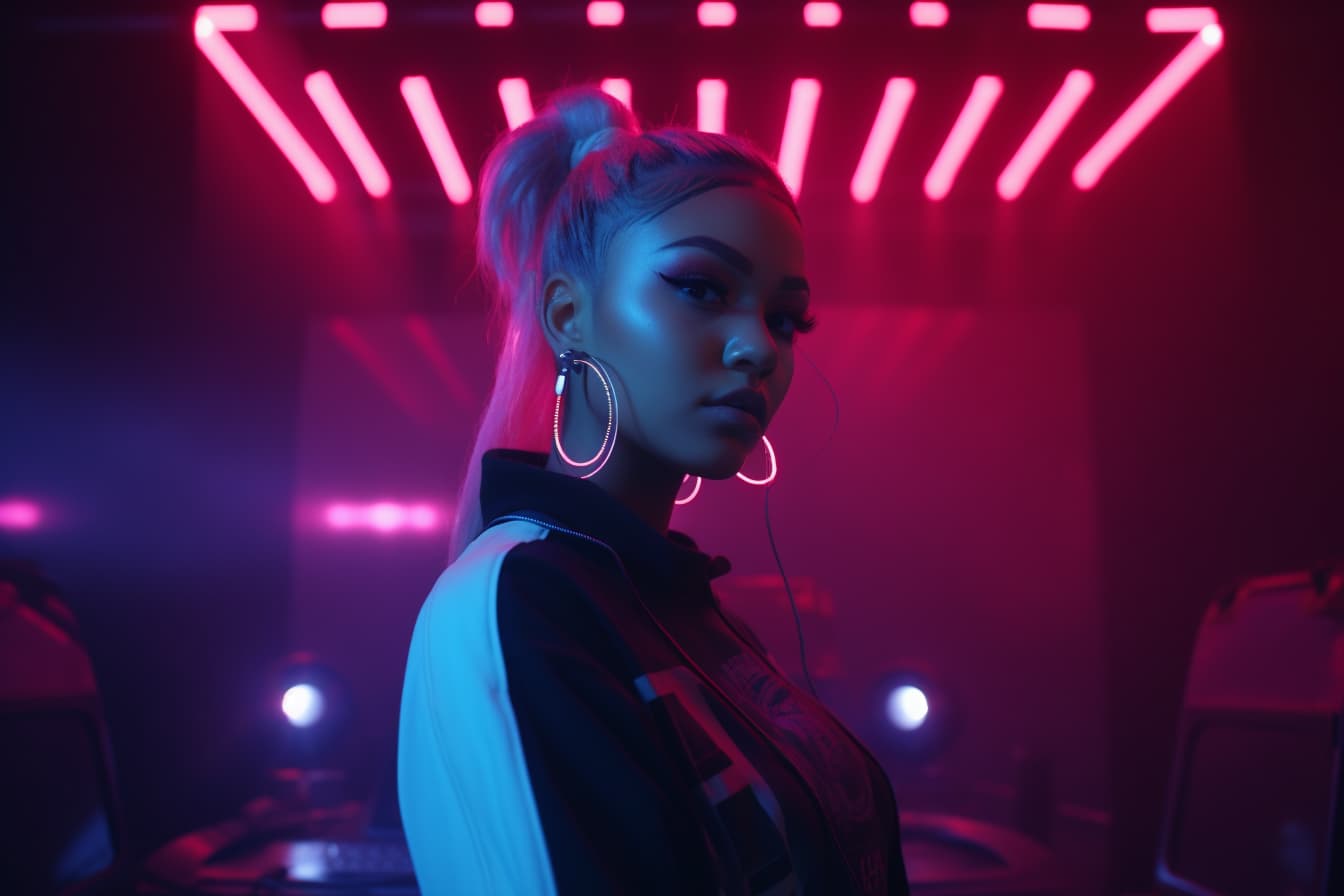What Happens When Labels Refuse To Release An Artist’s Music?
Popstar Raye has recently made headlines after claiming that after 7 years with Polydor (which is owned by Universal), she is unable to release her debut album.
Raye explained her dire situation in a series of tweets:
“Hey my dears, so for the last 7 days I have woken up crying my eyes out, not wanting to get out of bed and feeling so alone. These are emotions we usually hide from social media and I have become such an expert at hiding my tears and my pain and I wanted to talk about it today.
holding it inside and pretending I am 100% fabulous will only hurt more. So here it is. Today I feel like a toilet. I’m going to be brave and talk about it. You are not alone, we can talk about our worries and our tears. It’s not embarrassing to speak out, It is brave
Imagine this pain I have been signed to a major label since 2014…and I have had albums on albums of music sat in folders collecting dust, songs I am now giving away to A list artists because I am still awaiting confirmation that I am good enough to release an album.
For context, in order for an album to be created, the label has to release money for songs to be finished, fees for producers, mixes, masters and marketing support etc… I have waited 7 years for this day and I am still waiting.
So now I’m being told if Call On Me does well then I can do my album but there can’t be a green light until…. imagine the PRESSURE of me waking up every day frantically looking at numbers and stats hoping that I can just make MY BLOODY FIRST ALBUM.
I know this is the kind of thing I’m supposed to keep behind closed doors, but I have worked and waited and hustled and given EVERYthing I have and if I am going to suffer I am NOT going to do it in silence anymore.
I’ve done everything they asked me, I switched genres, I worked 7 days a week, ask anyone in the music game, they know. I’m done being a polite pop star. I want to make my album now, please that is all I want.”
This is not the first time that this has happened to artists signed to multi-record deals. JoJo’s 7-year feud with her ex-label was widely publicised. Rachel Platten, Kesha, Sky Ferreira, Fifth Harmony and Normani are some of the artists that were also sabotaged by their labels.
This kind of treatment is not exclusive to major labels. Indie labels also have a track record of sabotaging their own artists’ careers, as explained by Shura on Twitter: “I get my masters back from Universal in the next ten years. My indie label will continue to own my record after I’m dead. It’s not as simple as major versus indie. At least Polydor never made me pay for my own PR.”
But what are some of the reasons why this kind of thing happens in the first place?
The label merges or is taken over by another company
When labels merge with other labels or are taken over by other companies, the artists end up stuck in the middle. This obviously impacts their career trajectory.
Sky Ferreira is a clear example of an artist who experienced this first hand. Her label went through a merger and around four or five different presidents, leaving her in limbo.
The artist’s A&R leaves the label
Losing the person who most believes in the artist can be detrimental to their career. According to Paul Fakler, a media and entertainment lawyer at Arent Fox, “Once you get signed, the question is politics within the record company; the person who’s championing you — how much power do they have? Are they still going to be there in six months?”
A label’s priorities shift over time
Artists that are still gaining momentum or are in the developmental stage sometimes end up being ignored by the label staff when a bigger artist or a similar act is about to release their album, leaving the emerging artist in limbo.
The artist is left in development hell
Labels may snatch up artists due to their talent but the artist may not be ready to debut straight away. Therefore, these artists end up trudging to tens of different studios, in the hopes of making a hit single. If the label heads aren’t satisfied with the result, the artist is left in development hell.
The label snatches an artist that’s on-trend
An artist may get signed because their music is bang on-trend. In an interview with Buzzfeed, music business executive and cultural critic Casey Rae said, “If a garage sound was popular like The White Stripes and now The Black Keys, then maybe they just sign up all The White Stripes and Black Keys–sounding bands.” A label may sign an artist so that nobody else can have them, a tactic that leaves a lot of frustrated artists whose careers never actually materialise.
Final notes
Is it easy for artists like Raye to get out of their contract? Not really. Some contracts require artists to put out X amount of albums with a label before they can part ways with the label. Furthermore, most eager artists do not have access to legal representation at the beginning of their career and end up signing exclusive contracts where they have absolutely no leverage whatsoever. Others are coerced to sign a 360 deal.
Good management and legal representation are absolutely essential when it comes to putting pen to paper on a record deal. Legal representatives should ensure that the label is legally obligated to release music within a particular timeframe and to cover all the essential costs. By taking control of the narrative, hardworking artists like Raye will, hopefully, get the respect that they deserve from the decision-makers that are supposed to fight their corner in the first place.






